Protecting Your Stone Surfaces: Essential Sealing and Maintenance Tips
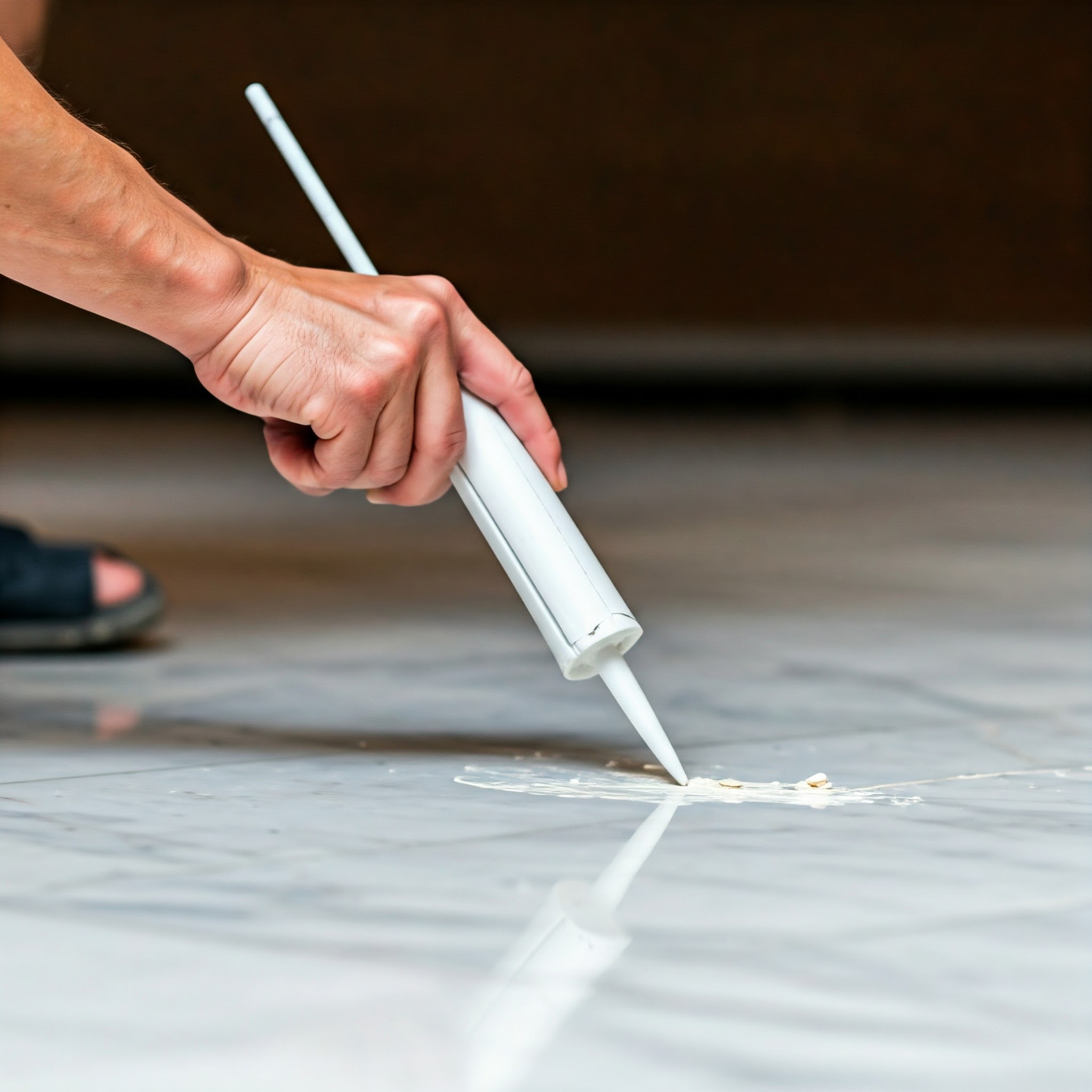
Natural stone surfaces bring timeless elegance to any space, but they require diligent care to maintain their beauty and durability. Whether it’s an indoor stone tile or an outdoor patio installation, proper sealing and maintenance are vital for long-lasting performance. This guide explores the nuances of stone sealing and maintenance, ensuring your surfaces remain stunning for years to come.
Topical Sealers vs. Penetrating Sealers for Natural Stone
Choosing the right type of sealer is essential for protecting natural stone surfaces. Each sealer type serves distinct purposes, offering varying levels of protection, aesthetic impact, and maintenance requirements. Let’s delve into the differences between topical and penetrating sealers.
Feature | Topical Sealers | Penetrating Sealers |
Application | Applied to the surface; forms a protective layer | Absorbs into the stone’s pores; protects from within |
Appearance | Can enhance or alter the stone’s look; may add shine | Maintains natural appearance; minimal change |
Durability | Wears out faster, especially in high-traffic areas | Longer-lasting protection |
Breathability | Non-breathable; can trap moisture | Breathable; allows moisture vapor to escape |
Maintenance | Requires more frequent reapplication | Less frequent reapplication needed |
Protection Level | Guards against surface stains; less effective against deep-seated issues | Offers deeper protection against stains, salt attack, and freeze-thaw damage |
When to Use Topical Sealers
Topical sealers form a protective barrier on the surface of the stone, offering a glossy or enhanced finish. These sealers are ideal for decorative purposes and spaces where the stone’s visual appeal is a priority. However, they are less durable and may require frequent reapplication, especially in high-traffic areas.
When to Choose Penetrating Sealers
Penetrating sealers are a superior choice for long-term protection. They absorb into the stone’s pores, guarding against deep-seated stains, salt damage, and freeze-thaw cycles. This type of sealer is perfect for sealing natural stone outside, where environmental factors pose a significant threat.
Why Sealing Natural Stone Is Essential
Sealing stone surfaces is not just about aesthetics—it’s a practical necessity. Unsealed stone is porous, making it vulnerable to stains, moisture damage, and environmental wear.
Benefits of Sealing Stone Surfaces:
- Protection Against Stains: Prevents absorption of spills, dirt, and oils.
- Enhanced Durability: Guards against cracking, erosion, and surface wear.
- Ease of Cleaning: Sealed surfaces repel contaminants, simplifying maintenance.
- Preservation of Appearance: Maintains the natural beauty and color of the stone.
- Longevity: Extends the lifespan of both indoor and outdoor installations.
Failing to seal natural stone can lead to permanent discoloration, structural damage, and costly repairs.
How to Maintain Sealed Natural Stone Surfaces
Once your stone is sealed, consistent maintenance is key to preserving its integrity and aesthetic appeal.
Regular Cleaning Practices
Routine cleaning is essential to prevent dirt buildup and maintain the effectiveness of the sealer.
- Use pH-neutral stone cleaning products that won’t damage the sealer.
- Avoid abrasive tools and harsh chemicals like bleach or vinegar.
- Dust or sweep regularly, and mop with a damp microfiber cloth as needed.
Periodic Resealing
Even the best sealant for natural stone will wear down over time. Monitor your surfaces to determine when resealing is necessary. A simple water test—sprinkling water on the surface to see if it beads—can help you assess the need for resealing.
- Indoor areas may need resealing every 1-3 years.
- Outdoor surfaces, exposed to the elements, might require resealing more frequently.
- Always clean and dry the surface thoroughly before applying a new layer of sealer.
Special Considerations for Sealing Natural Stone Outside
Outdoor natural stone faces unique challenges, including UV exposure, moisture, and temperature fluctuations. Sealing natural stone outside creates a protective barrier, mitigating these risks and preserving the stone’s structural and visual appeal.
Key Advantages of Outdoor Stone Sealing:
- Moisture Resistance: Shields against rain, snow, and freeze-thaw cycles.
- UV Protection: Prevents discoloration and fading caused by sunlight.
- Salt Guard: Protects surfaces in coastal areas or those exposed to de-icing salts.
- Stain Prevention: Keeps outdoor areas looking clean and polished, even with heavy use.
Regular inspection and resealing of outdoor installations are vital to prevent weather-related damage.
Frequently Asked Questions
What do you seal natural stone with?
Natural stone is sealed using topical sealers or penetrating sealers, depending on the level of protection and aesthetic finish desired. Penetrating sealers are often preferred for deep, long-lasting protection.
How long does natural stone sealer last?
The longevity of a natural stone sealer depends on the type and usage conditions. Typically, sealers last 1-5 years, with outdoor surfaces requiring more frequent resealing.
What happens if you don’t seal a natural stone?
Unsealed natural stone is vulnerable to stains, moisture absorption, and damage from environmental factors, leading to a shorter lifespan and diminished appearance.
Does outdoor natural stone need to be sealed?
Yes, outdoor natural stone must be sealed to protect against UV rays, moisture, stains, and freeze-thaw cycles. Regular resealing is crucial for maintaining its durability.
What is the best sealant for natural stone?
The best sealant depends on the stone type and application. Penetrating sealers are often recommended for their durability and ability to maintain the stone’s natural look.
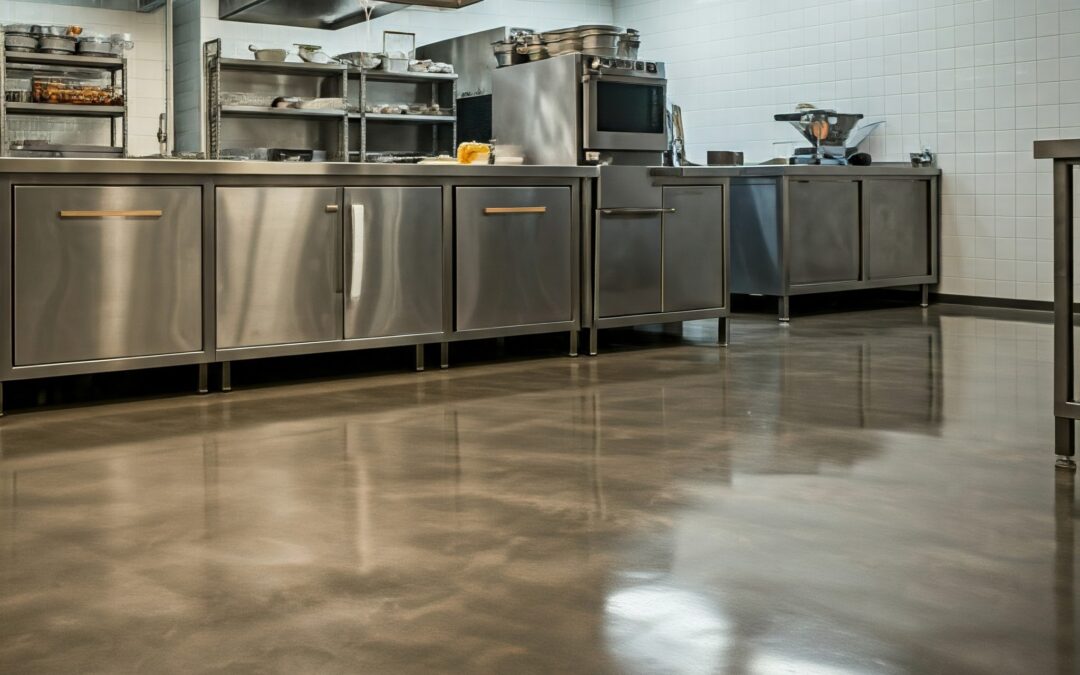
Transform Your Space with Commercial Concrete Polishing: Services and Benefits
Concrete polishing is a transformative solution for commercial, industrial, and warehouse spaces, offering durability, aesthetic appeal, and low maintenance. Whether you're revitalizing an old floor or finishing a new one, polished concrete provides a sleek and...
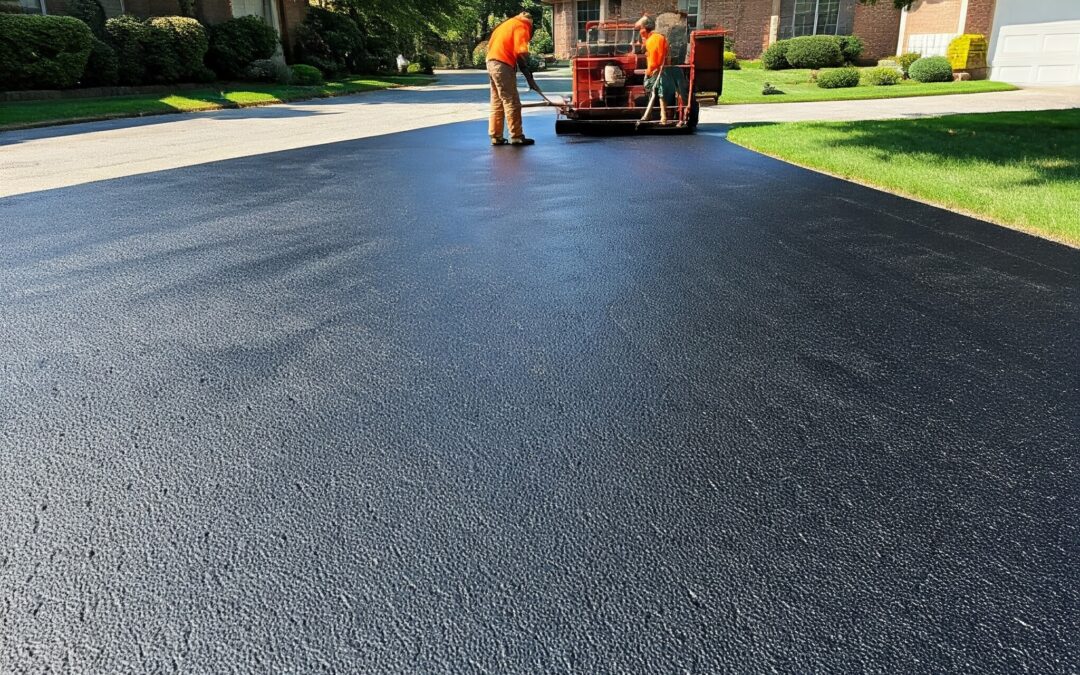
Seal Coating Driveways: Costs, Benefits, and Expert Solutions
Seal coating driveways is an essential maintenance step that protects surfaces, enhances durability, and boosts curb appeal. Whether you have asphalt or concrete, a well-applied seal coat creates a protective barrier against weather, UV rays, and wear, extending the...
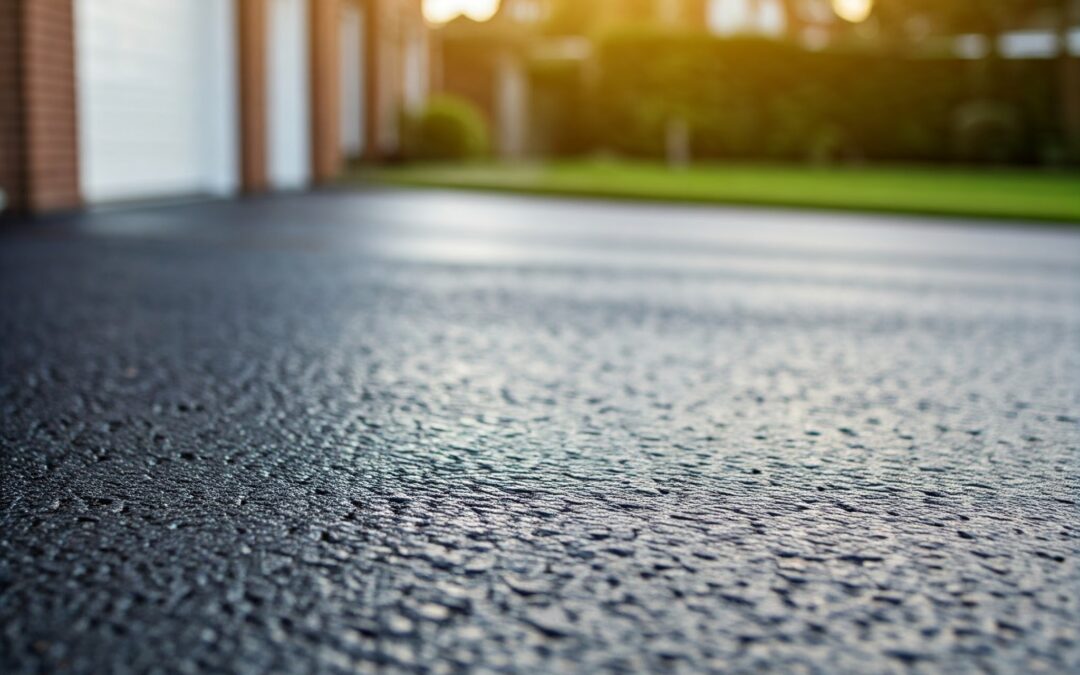
Driveway Coating Solutions: Costs, Ideas, and Best Options
Driveway coatings are essential for enhancing durability, improving aesthetics, and protecting your surface from harsh weather and wear. With various options available, choosing the right coating for your needs depends on factors such as cost, durability, and desired...
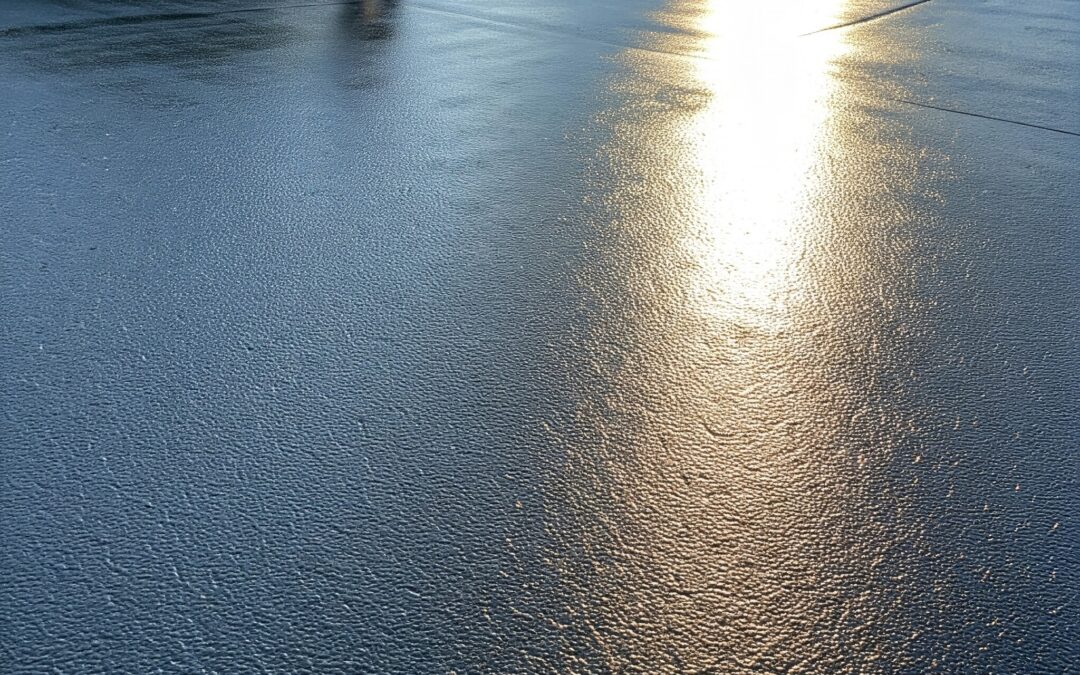
Seal Coating Driveways: Costs, Benefits, and Expert Tips
Seal coating is an essential maintenance step for asphalt driveways, offering a cost-effective way to protect and enhance their longevity. By applying a protective layer, seal coating shields driveways from wear and tear caused by weather, traffic, and UV rays. If...
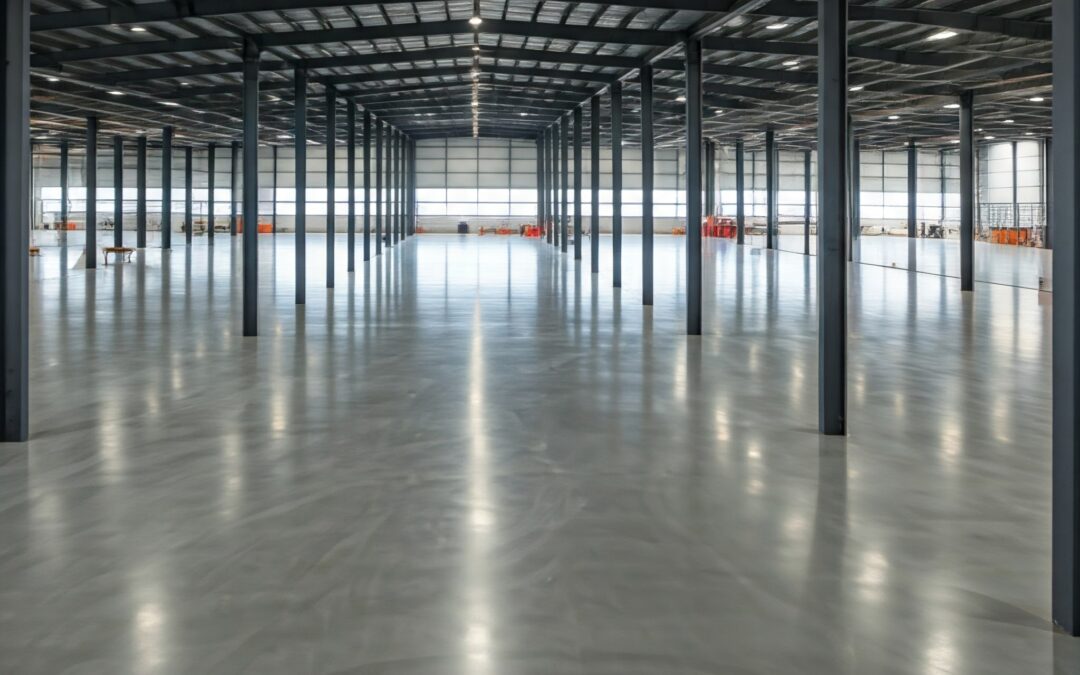
Industrial Epoxy Flooring Solutions: Durable, Safe, and Long-Lasting
Industrial epoxy flooring is a cornerstone of durable and safe workspaces, offering unmatched performance in high-demand environments. From warehouses to manufacturing plants, these floors provide resistance to wear, chemicals, and impact while maintaining a sleek and...
